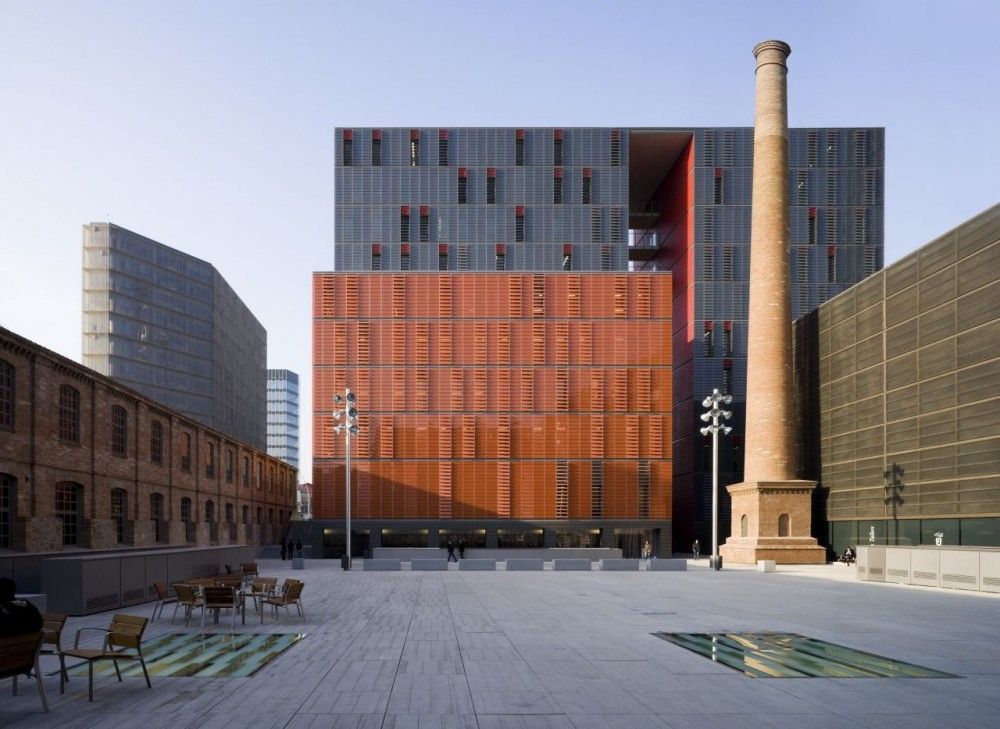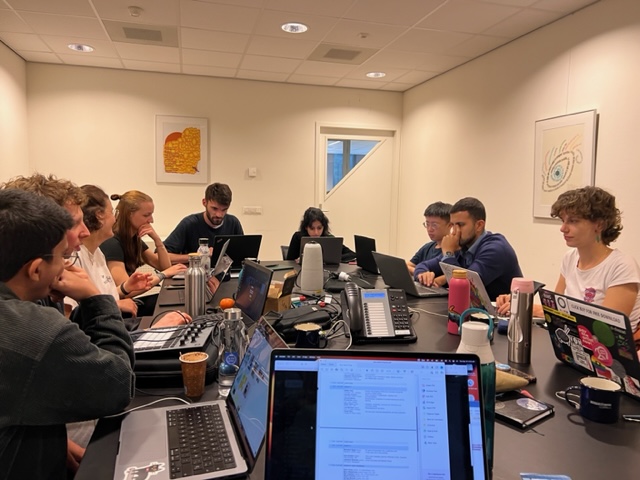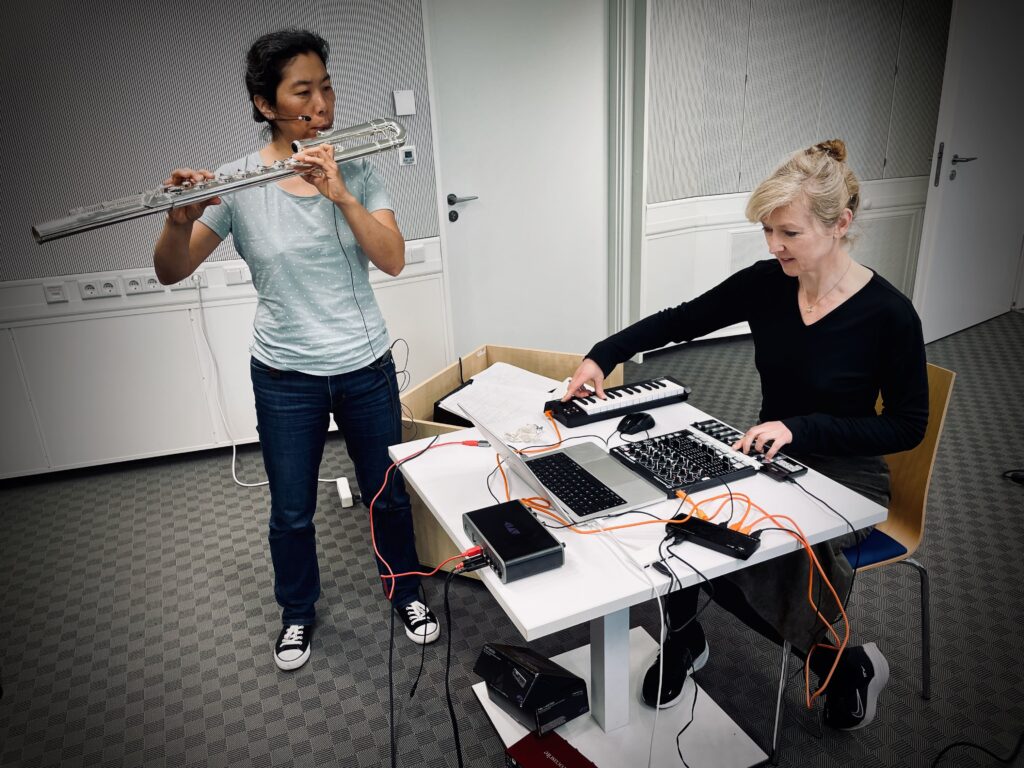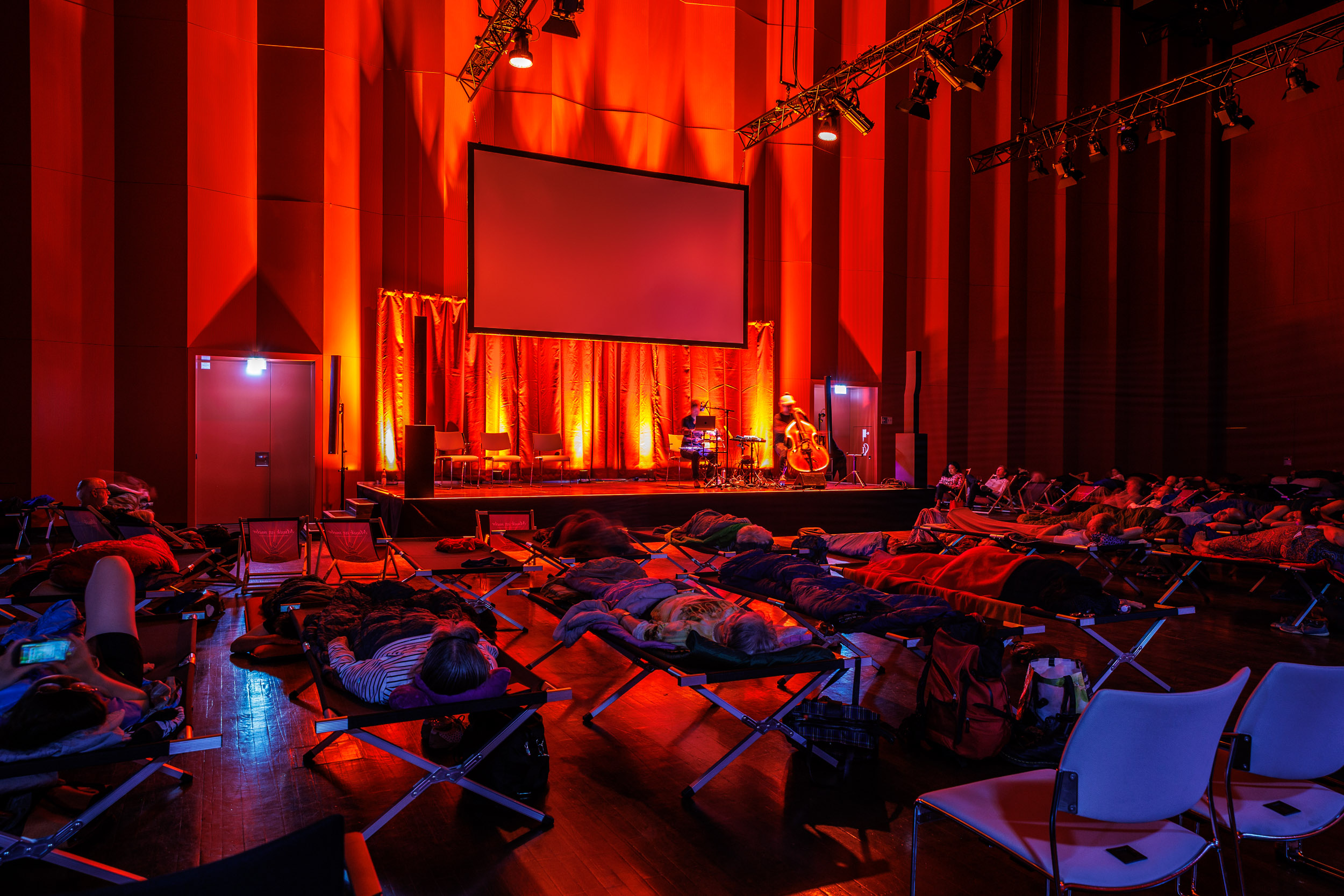News

Trainings Camp 2 and Open Activities
From June 28th to July 5th, the MTG hosts the Lullabyte summer school. The summer training camp includes one week of lectures, meetings, posters, and concerts. In total, there are about 20 activities, most of them for the project members only, but the following activities will be open to everyone. Click here for more information.

First Training Camp Nijmegen

Sonic Explorations with Natasha Barrett
We are very excited to have started our collaboration with the award-winning composer Natasha Barrett (https://www.natashabarrett.net) with a rehearsal and recording session at TU Dresden’s SoundLab in preparation for the Barcelona Training Camp.
Click here to learn more
Based in Oslo, Natasha is an experienced composer of acousmatic and live electroacoustic works focusing particularly on the possibilities of ambisonics and 3D-Sound. She has a rich history of collaborating with scientists and incorporating data as part of her compositions and we are delighted to be continuing this trend in preparing for an upcoming sleep performance at our Barcelona summer training camp. Exploring combinations of field recordings and synthesised sounds along with live processed bass flute played by Miriam Akkermann, the soundscapes created so far have been as detailed and intricate as engrossing and immersive. The performance promises to be quite the experience.

Lullabyte kick-off meeting
On February 3+4, our first in-person meeting of all PIs takes place in Frankfurt/M. (GER). We are exited to meet and work on setting up the network’s structure

Sleep Concert @ Dresdner Hygienemuseum
On June 1st, our first large event took place – a “Lullabyte” Sleep Concert hosted at Hygienemuseum Dresden as part of the Sound&Science-series, an established format at Dresdner Musikfestspiele in collaboration with TU Dresden.
Click here to learn more
Why would people come to a concert in order to sleep, giving up their cozy home beds for a night together with others? What sounded like a wild idea with unclear outcome turned to be a remarkably successful event with a large, diverse, and enthusiastic audience. After two introductory talks about the meanings of sleep and the impact of music on the sleeping brain by Martin Dresler (Donders Institute of Radboud University Medial Center) and Kira Vibe Jespersen (Aarhus University), the audience was invited to join in a discussion on the impact of music on sleep and dreams, moderated by Miriam Akkermann (TU Dresden). The vivid discussion and questions from the audience showed that sleeping is highly important and a very personal topic of concern: Why do we sleepwalk? Can you talk to other people while dreaming? Is sleep related to developing or preventing from chronic diseases? Those were only some of the questions asked.
After a short break, the night-long concert started. Berlin-based bass-player Klaus Janek played together with Miriam Akkermann, flute, creating a set of ambient, slowly evolving musical atmospheres shifting between different tonalities and textures, with the compositional structure mirroring the rhythms of the human sleep cycle. While a concert normally is a focused, short-term experience, this music invited people to lie down, rest and sleep. In the morning, an algorithmically generated soundscape by Berlin-based startup Endel shifted people back into the day. If you are curious how people slept in Dresden, how the music impacted them and what they dreamt, stay tuned for the upcoming outputs of our research!

